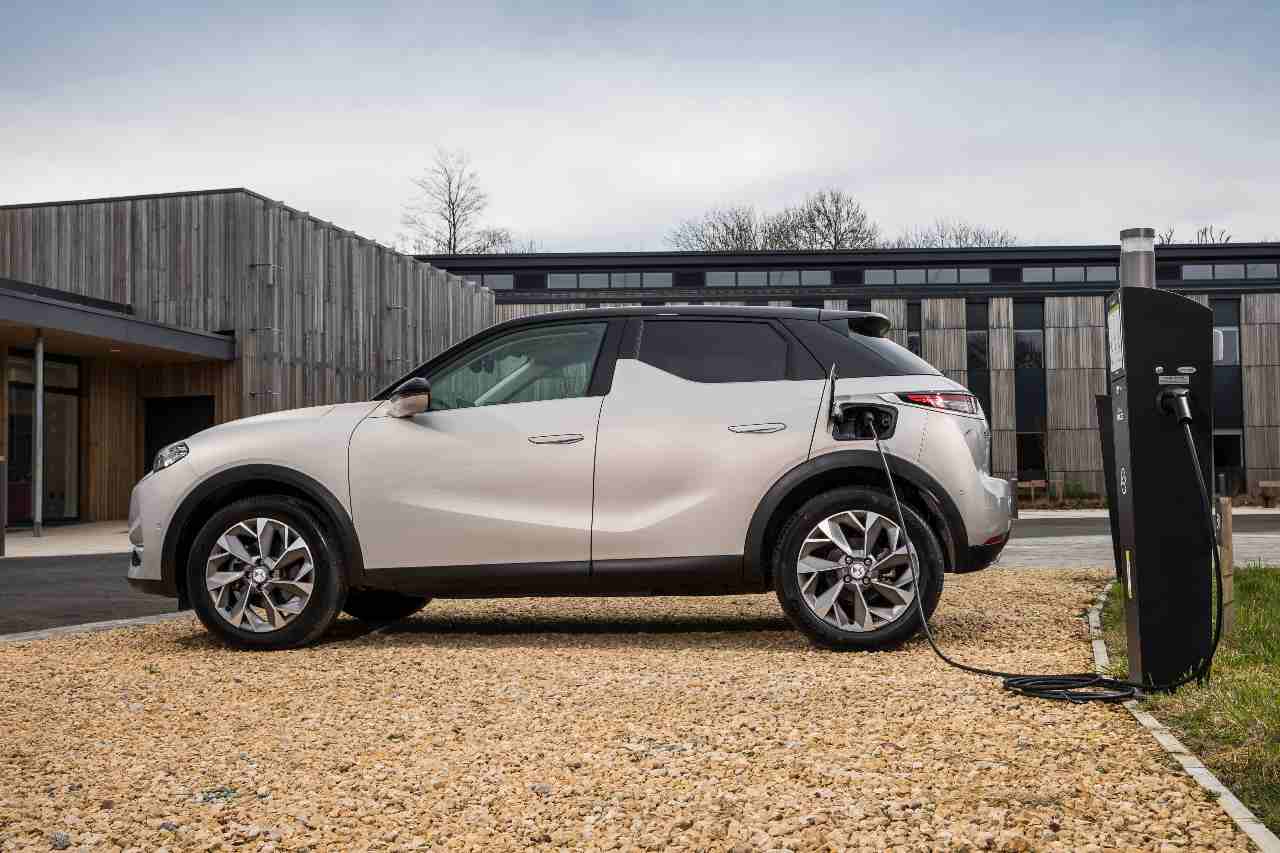THE latest analysis of the BVRLA leasing broker market shows that personal contract hire (PCH) continues to drive leasing broker contracts.
And while the overall BVRLA lease fleet shrank by 3.6% year-on-year, the BVRLA leasing broker channel fleet grew by 7%, recording 362,461 cars and vans on fleet.
The figures are part of the latest sector analysis from the BVRLA outlined in the Leasing Broker report 2020 (January to June 2020) and the latest Q2-2020 Quarterly Leasing Survey.
Nevertheless, while brokers saw an increase in the number of PCH car contracts, when compared with H1 2019, new contracts for both cars and vans have dropped quite aggressively. Cars are down 13% and vans down 12%.
The BVRLA suggests that the adverse performance is in large part due to the coronavirus outbreak and subsequent lockdown. From end March through April and into May, brokers were unable to get cars or vans delivered to customers.
Make up of the BVRLA lease fleet
Returning to the overall BVRLA lease fleet, at the end of H1 2020, the BVRLA reported that its total car and van fleet represented 2,532,972 vehicles, split 83%/17% cars to vans. These figures exclude other vehicles not on a lease agreement.
As in the leasing broker report, business contract hire dropped dramatically, recording its largest ever fall – a -9.7% drop – since the BVRLA began its survey. Again, the report suggests that COVID-19 disruption had much to do with this.
In contrast, and thanks in no large part to the contribution from leasing brokers, the personal contract hire car fleet increased by 5.7% to 271,264. It was a point noted by Paul Parkinson on LinkedIn:

The report suggested this was respectable growth, but for the fastest-growing segment, this was also the slowest growth rate recorded.
Good news on EVs and CO2
EVs are starting to play a greater role in the overall BVRLA lease make up, with growth up 1.8% year-on-year.
Meanwhile, the overall BVRLA lease fleet showed a slight reduction in CO2 emissions of 112g/km to 111.3 g/km year on year, but a greater drop in average CO2 emissions for BVRLA members’ new car registrations. These were down from 109g/km in Q1 2020 to 107g/km in Q2 2020.

Ralph Morton is the leading journalist in the leasing broker sector and editor of Broker News, the website which provides information and news for BVRLA-registered leasing brokers. He also writes extensively on the fleet and leasing market in both the UK and Europe.



